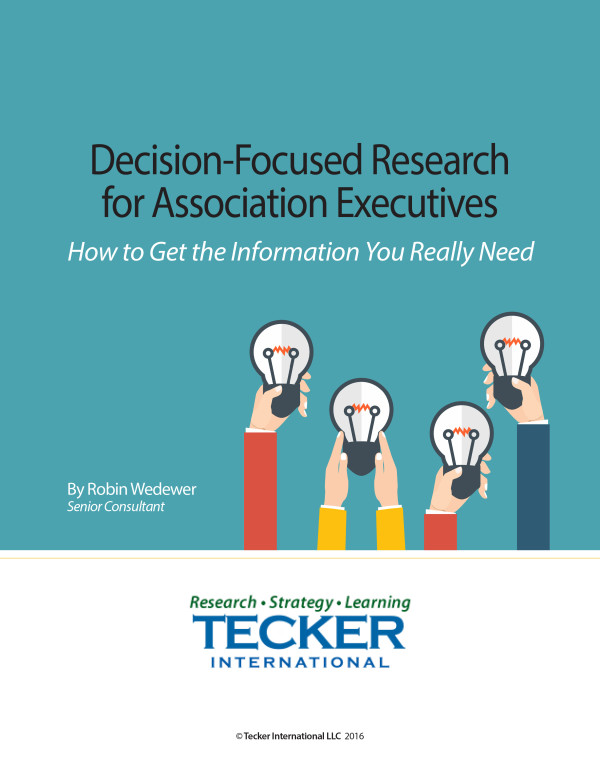This was written by Glenn more than a year ago. But I read it today and thought it might help some associations navigating contentious issues.
Interestingly, the issue of whether to express an organizational opinion has become an issue. Recent events – like proposed boycotts of Israel or North Carolina – suggest that some people see the voice of an association as one they wish to amplify if the majority view agrees with their own view – and one they wish to mute if it does not. The classic challenge of balancing majority and minority rights seems to be becoming more of an issue in more places during the current cultural era of “passionate polarization”.
For some time, associations have dealt with hot button issues by creating clarity and consensus around defensible information and then defining standards or criteria to be used as guidance to an informed decision. With political or “morality” issues, associations have members that come from a broad spectrum of opinions. However, they can’t claim to be entirely apolitical because they do want to preclude itself from speaking out on issues related to their organization or profession.
For example, if an autocratic president supported by ideologues in Congress required that professional associations be approved by some government agency like they are in China – should every association take a position or remain silent citing a policy that declares it to be apolitical?
As opposed to declaring an organization apolitical, we find it’s better for an association to define and agree to a clear process for determining the appropriateness of voicing an opinion. To do otherwise may be risking institutionalization of a policy that could be nefariously used by some to prohibit the organization from expressing an educated opinion on a non-partisan issue related to the focus of its mission.


